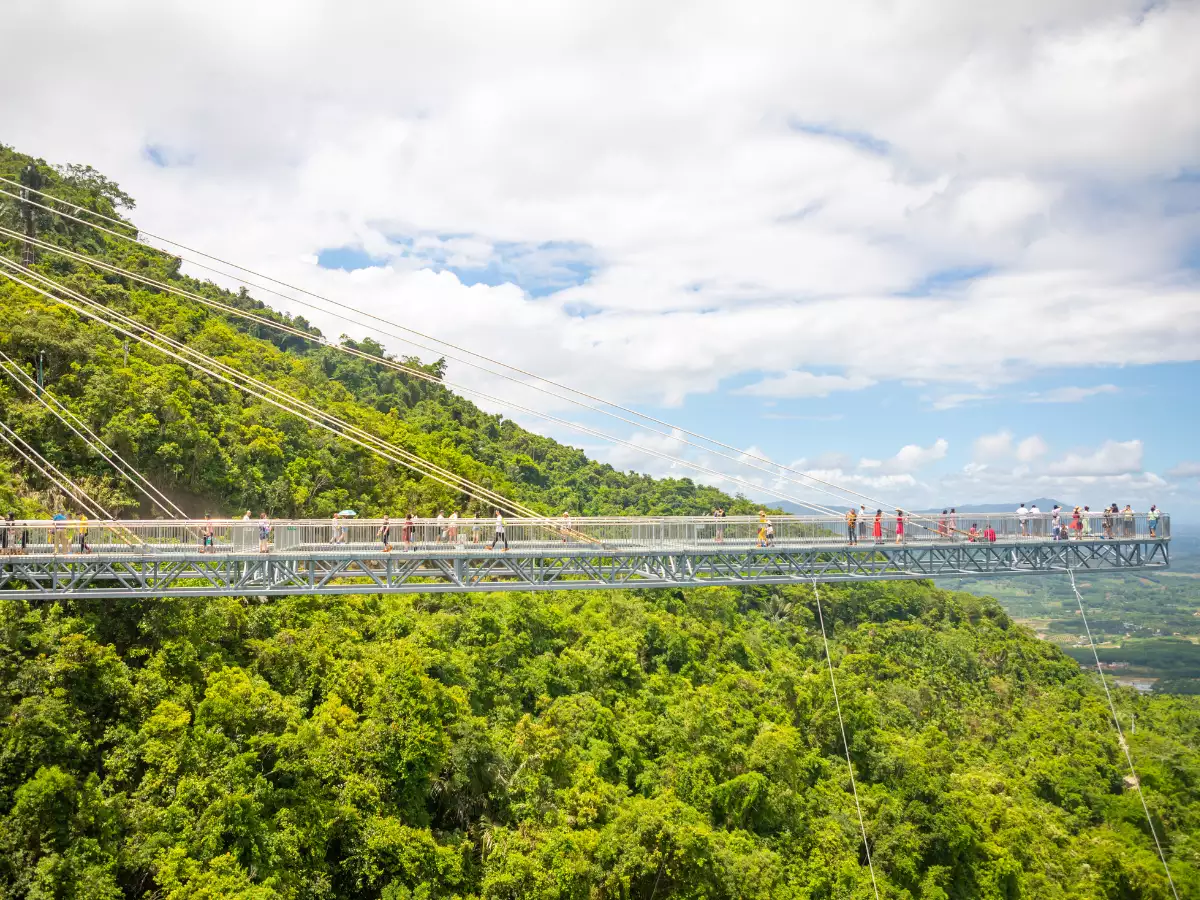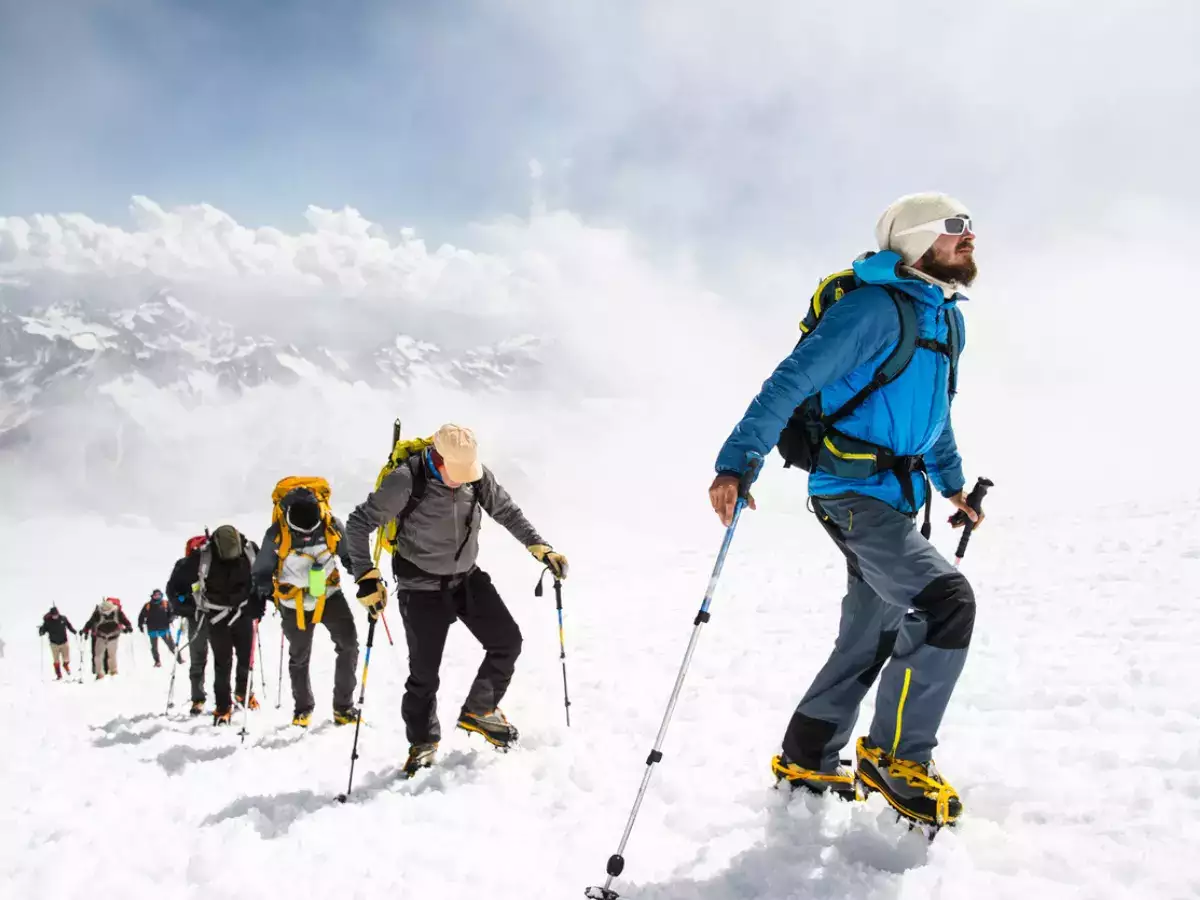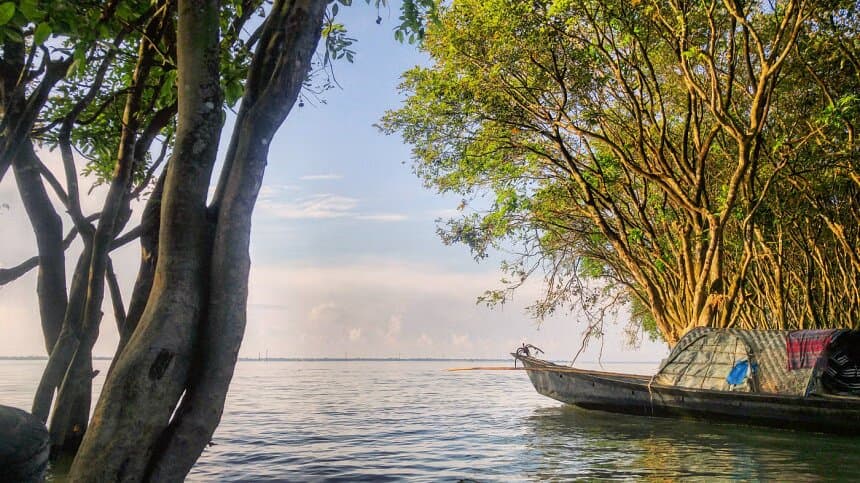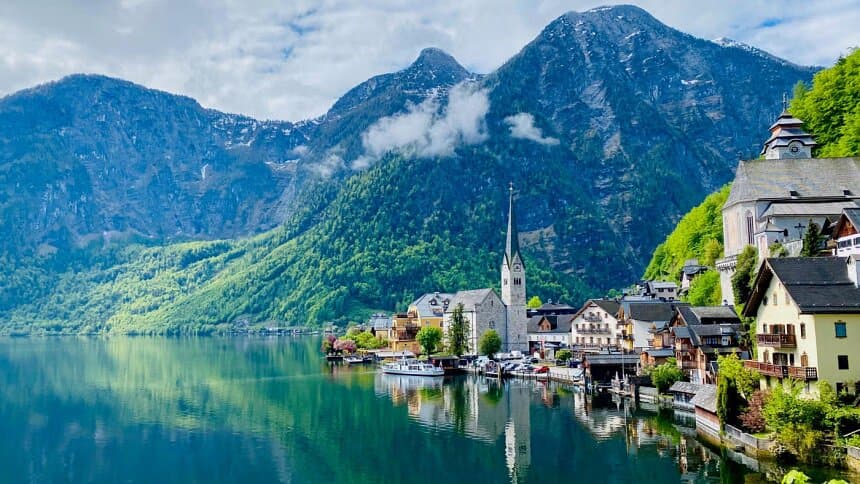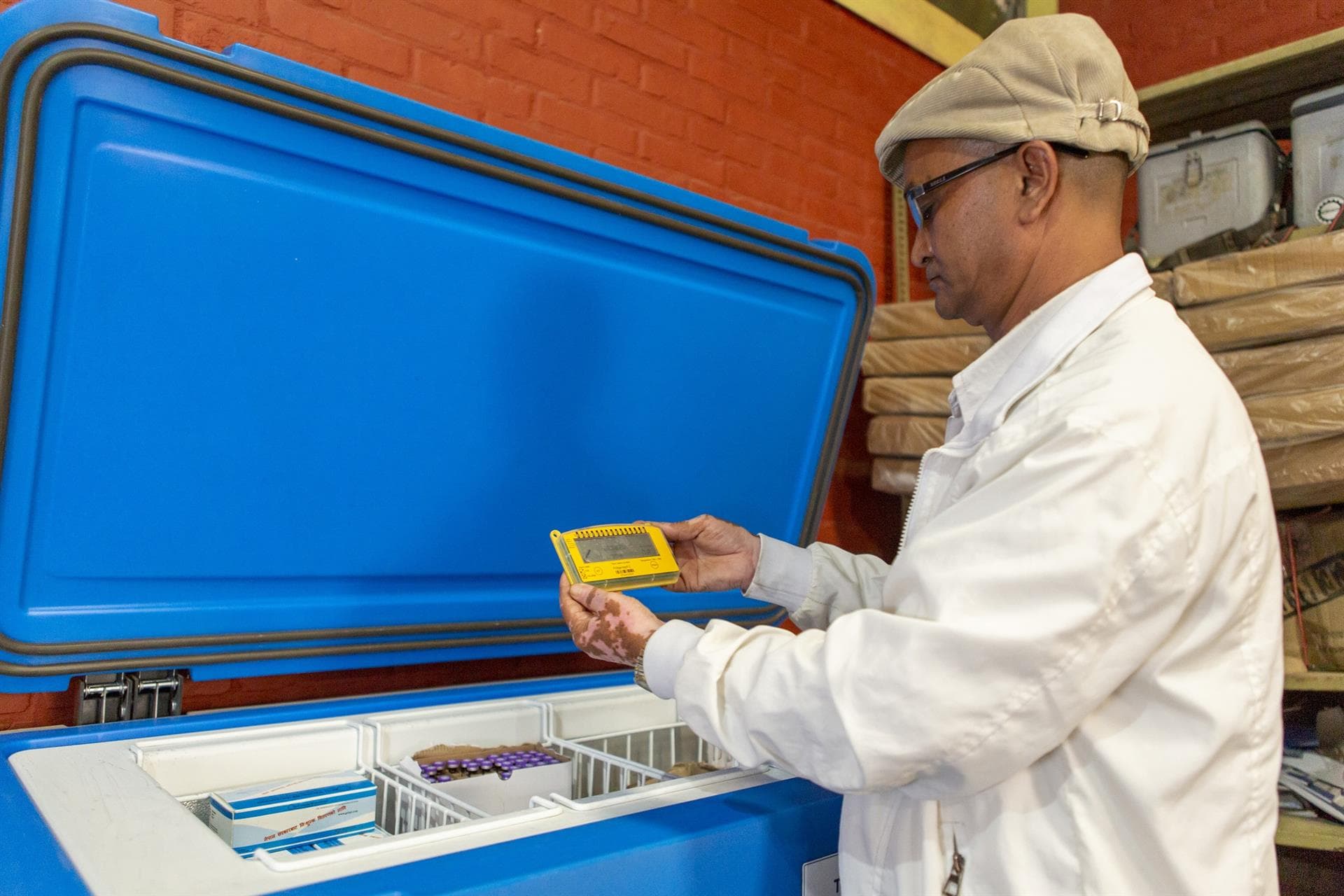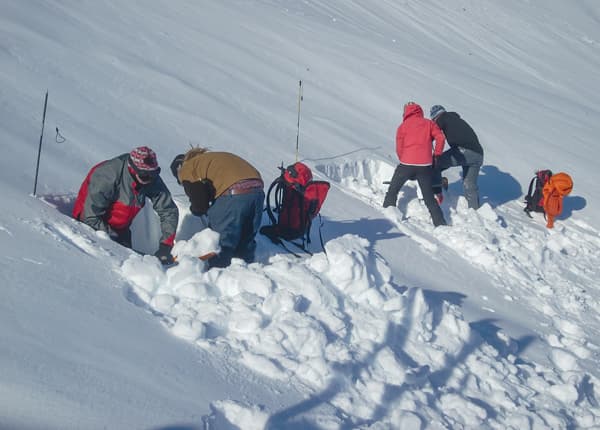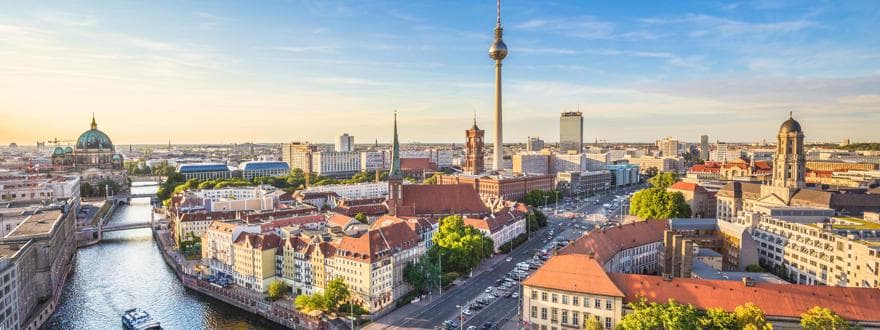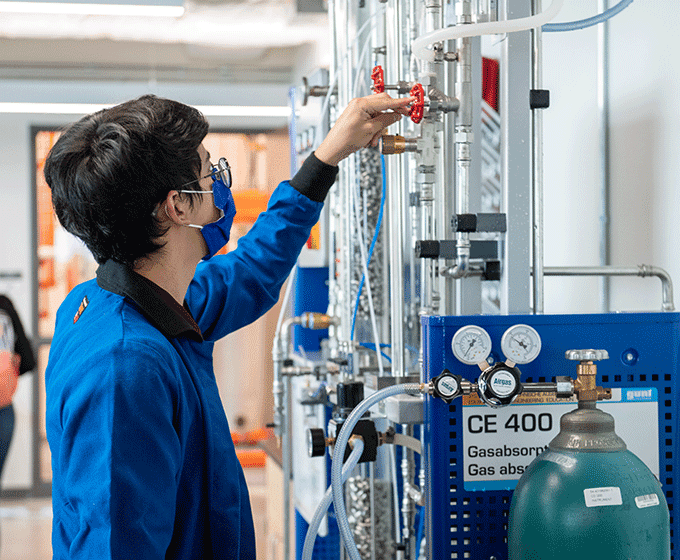
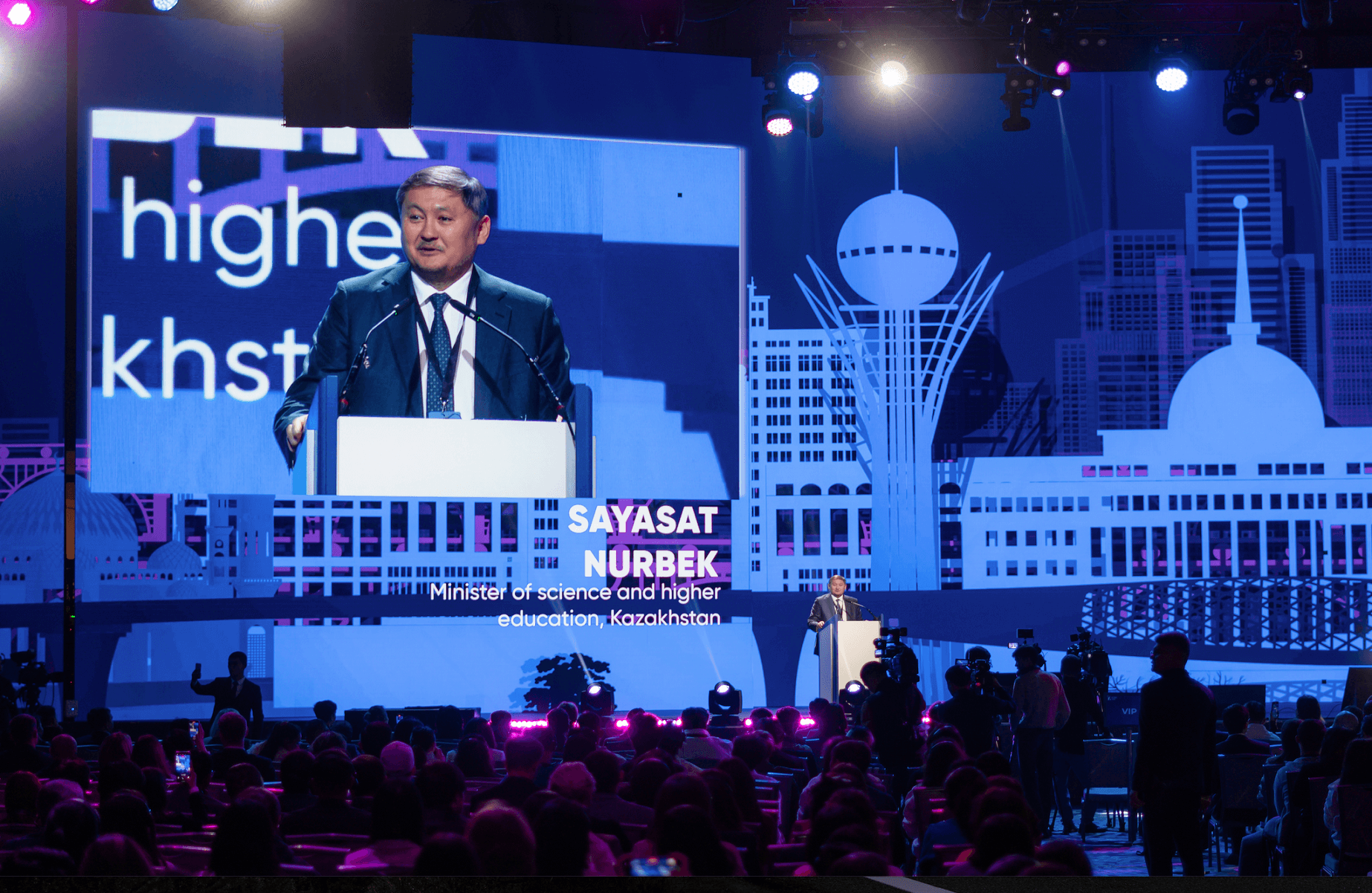
ASTANA – The Nobel Festival in Astana featured a spectacular plenary session on Oct. 5 that brought together education leaders and Nobel Prize winners from various fields to discuss how technology and artificial intelligence (AI) are fundamentally reshaping the world and education systems.
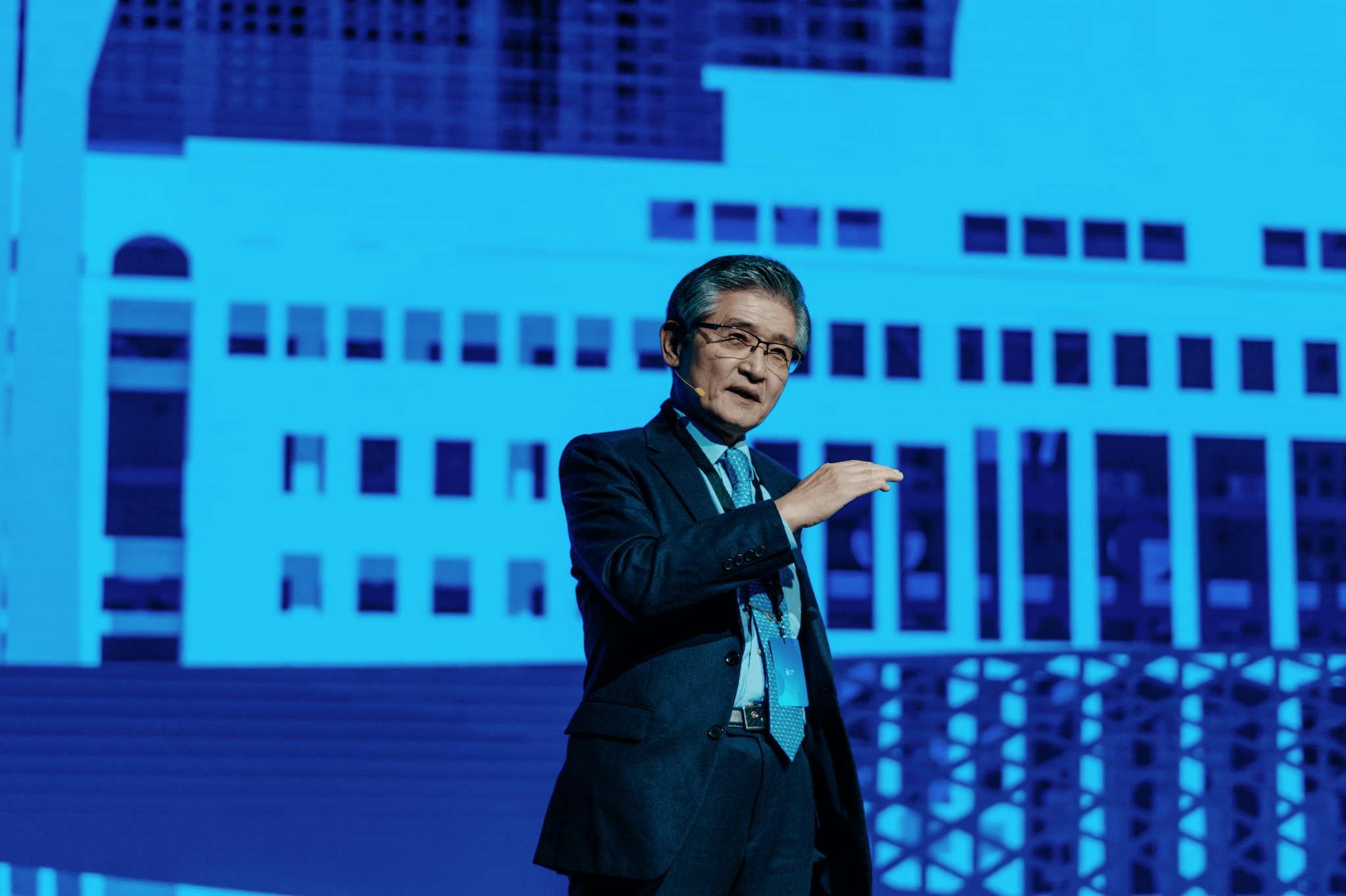
The science and research agenda is back on the menu. Last year was quite an amazing year for technology breakthroughs and innovation. We have been closely monitoring what is happening and what is changing in the world. AI is becoming a big new thing. The AI revolution is what everybody is worried about,” said Kazakh Minister of Science and Education Sayasat Nurbek, addressing the plenary session.
The science and research agenda is back on the menu. Last year was quite an amazing year for technology breakthroughs and innovation. We have been closely monitoring what is happening and what is changing in the world. AI is becoming a big new thing. The AI revolution is what everybody is worried about,” said Kazakh Minister of Science and Education Sayasat Nurbek, addressing the plenary session.
The plenary session continued with a stirring address by Rae Kwon Chung, Nobel Peace Prize winner in 2007 and member of the Intergovernmental Panel on Climate Change (IPCC). He echoed Nurbek’s words, saying the world is entering an “exciting stage of science and technology development,” but at the same time a “very challenging time.” “Now, we are entering into a very dynamic juncture where our conventional knowledge is no longer very much relevant,” he said. AI is not able to solve political and social problems the world is facing now, he added. “Based on old knowledge, we cannot solve the problems of the future – social, economic, and political. We need breakthrough knowledge to utilise AI, but as a tool, not as a master. To do this, we need to develop creativity and innovation. But where do we get them from? Perhaps from traditional education, but this is becoming an ever greater challenge. AI, Chat GPT pose significant challenges to the traditional education system,” he noted.
